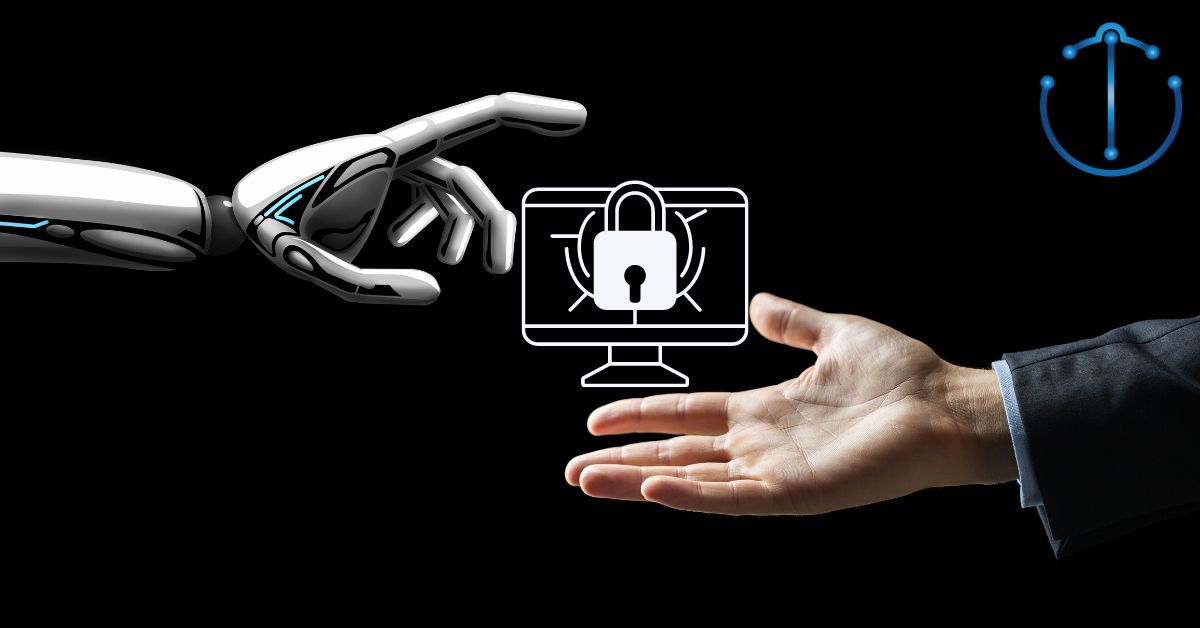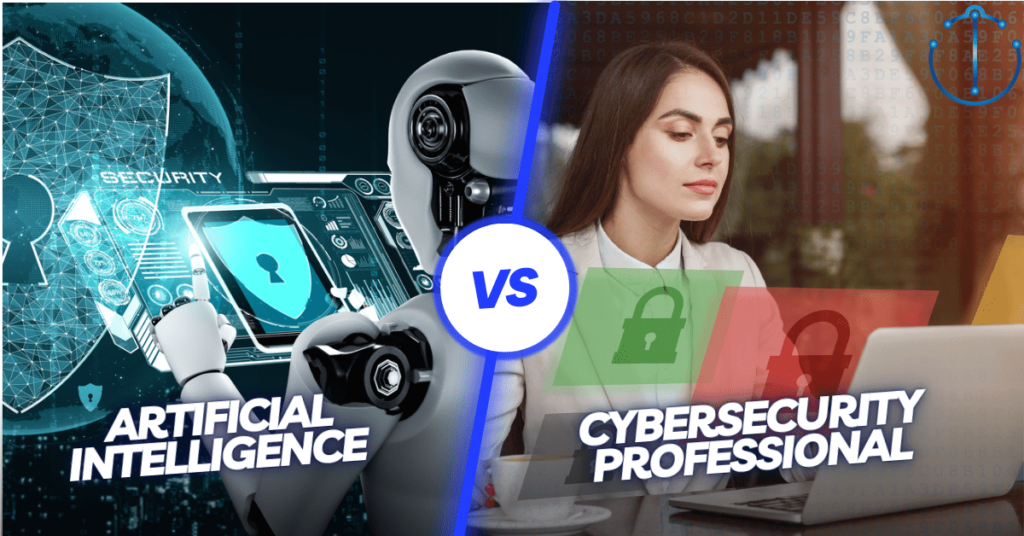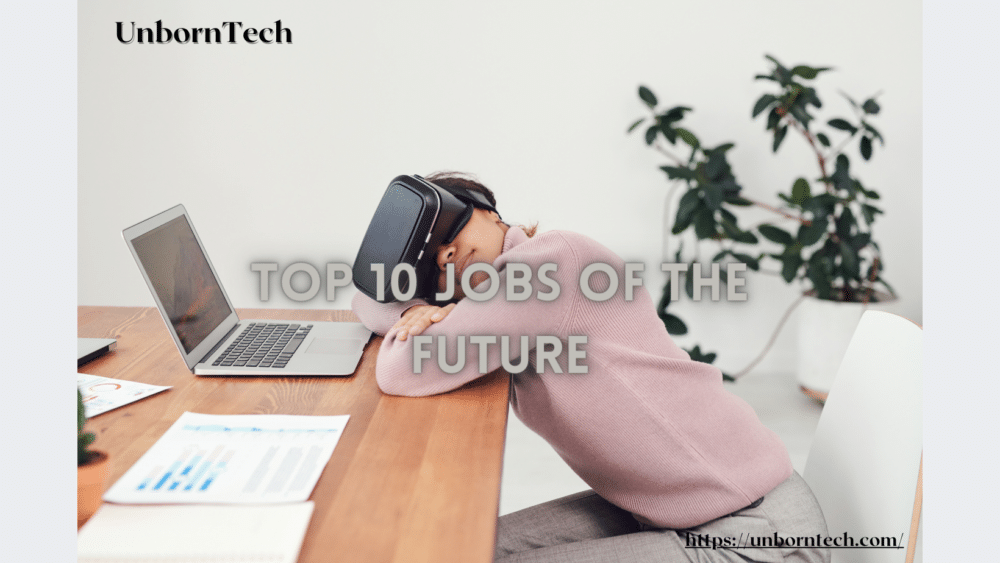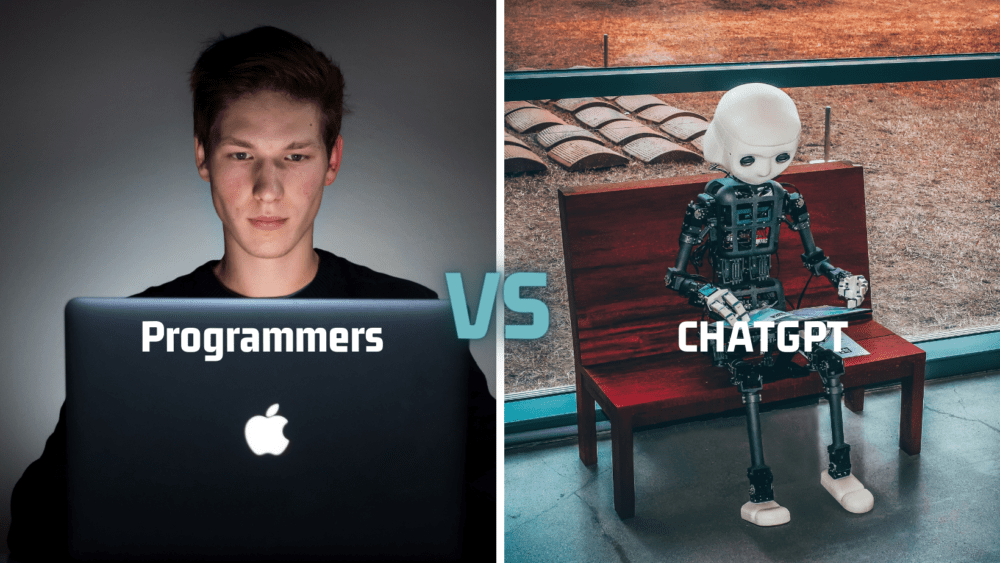In today’s ever-evolving tech landscape, the influence of artificial intelligence (AI) on every field is becoming increasingly apparent. One such field feeling the impact is cybersecurity, which is all about defending our digital assets from a constantly changing array of cyber threats.
But here’s the burning question:
Will AI replace cybersecurity jobs?
In this article, we’re going to delve into the complex relationship between AI and cybersecurity. We’ll explore how AI is already shaping this critical field and discuss the ongoing debate over whether it might replace cybersecurity professionals from multiple perspectives.
Table of Contents
8 Reasons Why AI Will Not Replace Cybersecurity Jobs
Let’s explore the top 8 reasons why AI won’t replace cybersecurity jobs.
1. AI Requires Human Supervision
AI’s capabilities in cybersecurity are significant, yet they remain reliant on human supervision. Despite AI’s prowess in data analysis and pattern recognition, it lacks human creativity, intuition, and the ability to make hard decisions.
In practical terms, human professionals are essential for overseeing and enhancing AI’s effectiveness in cybersecurity, ensuring that it operates within the bounds of domain-specific knowledge. This human supervision is a key reason why AI won’t replace cybersecurity jobs.
2. Contextual Understanding
In cybersecurity, understanding an organization’s unique systems and the context in which threats emerge is crucial. Security analysts, with their years of experience and intuition, are adept at interpreting past events, understanding the present, and anticipating future trends.
While AI can process data quickly, it may miss crucial context, potentially leading to false alarms and security issues.
In short, human judgment and contextual understanding remain irreplaceable in cybersecurity, making AI a valuable tool but not a substitute for cybersecurity jobs.
3. Trust and Accountability
In cybersecurity, human professionals play a vital role in establishing trust and accountability. They excel at building trust through open communication and transparency.
AI, particularly deep learning models, may struggle to explain their decisions, posing trust challenges. Beyond technical proficiency, trust also hinges on ethical conduct and alignment with organizational values.
4. Lack of Security & Privacy
AI’s vulnerability to hacking and manipulation is a pressing concern, especially in safeguarding critical infrastructure and national security. The presence of human cybersecurity professionals can help minimize these risks.
Additionally, privacy concerns arise as AI gathers personal data, highlighting the importance of careful data management to ensure both security and privacy.
5. Complex Decision-Making
Cybersecurity demands a mixture of technical expertise, legal awareness, risk analysis, and ethical judgment.
While AI excels in data processing, it lacks human judgment, ethical reasoning, and the ability to navigate legal constraints.
Human cybersecurity professionals are crucial for making informed decisions and responding effectively to cyber threats, particularly in morally vague situations where clear answers are elusive.
6. More Efficiency Leads To More Consumption
Are you familiar with the Jevons paradox? This economic principle suggests that as the efficiency of resource usage increases, so does consumption due to reduced costs. In the realm of cybersecurity and AI, this paradox comes into play.
Don’t forget that cyberspace is a warzone between hackers and cybersecurity professionals, and AI is in the hands of both. AI has increased the efficiency of both attacking and defending due to its ability to process vast amounts of data at lightning speed.
As more “bad AI” falls into the hands of hackers, the demand for “good AI” to counter these threats will rise. This means more cybersecurity professionals will be in demand to monitor and regulate the use of “good AI” to maintain security in the digital realm.
This means that the demand for cybersecurity will keep rising, even with AI in the picture. Humans will still have crucial roles, like keeping an eye on AI, making sure it behaves, and ensuring that the data used to train AI is high-quality.
7. To Predict the Future, Look at the History
In the realm of AI and cybersecurity, history teaches us a valuable lesson.
Let’s step back in time for a moment. Remember when ATMs burst onto the scene in the early ’70s? Many thought they’d replace bank tellers. But here’s the twist: ATMs didn’t cut jobs; they made branches more cost-effective, leading to more openings and a demand for more staff.
Fast forward to the AI revolution in medical imaging, and you’ll see a similar story. Radiologists, far from losing their jobs, saw job postings triple and salaries rise during the AI boom between 2019 and 2022.
The moral of these stories? History suggests that AI won’t replace cybersecurity jobs; instead, it often complements and enhances them, creating new opportunities.

8. Analyzing Job Rate Statistics
In the world of AI and cybersecurity, let’s put opinions aside and focus on the hard numbers.
The AI in cybersecurity market is set to reach $60.6 billion by 2028, with a staggering CAGR of 21.9%. Despite AI’s presence, global cybersecurity job vacancies surged by 350% from 2013 to 2021 and have maintained at 3.5 million in 2023.
So, despite initial concerns and AI’s role, the demand for cybersecurity experts is on the rise. The statistics paint a promising future in this dynamic field.
What does the future of Cybersecurity look like?
The future of cybersecurity is a collaborative dance between human professionals and AI. Companies like Cybereason, Versive, and Tessian are already merging these forces to create more efficient threat detection and response systems.
Together, they harness AI’s capabilities to uncover threats and allow human expertise to guide ethical and effective cybersecurity practices, ensuring a more secure digital landscape.

How AI will Strengthen Cybersecurity?
The future of cybersecurity is gearing up for a remarkable transformation, all thanks to AI:
- Boosting Security Operations: AI will swiftly examine diverse data sources, offering valuable insights for faster responses to incidents.
- Bolstering Network Security: AI will keep an eagle eye on real-time data, promptly spotting anything unusual and stopping malware from sneaking in.
- Predicting Future Threats: AI will get proactive, predicting vulnerabilities and emerging dangers, even grading user risks and giving experts a heads-up.
- Malware Detection: Beyond traditional methods, AI will use smart techniques to unveil hidden malware.
- Swift Threat Spotting: AI will be on the lookout for potential threats, learning from each new incident.
- Automated Incident Handling: Automation will speed up responses to threats, especially vital in the age of remote work.
- Smart Data Security: AI will meticulously monitor data across devices, beefing up security.
- Cloud Guardian: For cloud systems, AI will provide end-to-end protection.
- Top-Notch Threat Reports: AI will craft in-depth reports, simplifying security strategies. AI and cybersecurity, a dynamic duo, are set to make our digital world safer.
Read More: Will ChatGPT Replace Programmers?
Conclusion
In conclusion, AI is set to revolutionize cybersecurity by automating tasks, enhancing threat detection, and offering valuable insights.
However, AI won’t replace human cybersecurity professionals. Their unique strengths, including critical thinking, contextual understanding, ethical judgment, and adaptability, are indispensable in safeguarding organizations from evolving cyber threats.
The future of cybersecurity depends on a collaborative partnership between humans and AI, leveraging their respective capabilities to reinforce our digital defenses and ensure a secure digital world.
Frequently Asked Questions (FAQs)
Is cybersecurity a dying field?
No, cybersecurity is not a dying field. With the growing complexity of cyber threats, the demand for cybersecurity professionals continues to rise.
Is AI better than cybersecurity?
AI is a valuable tool in cybersecurity, enhancing threat detection and response. However, it complements human expertise and is not a replacement for cybersecurity professionals.
Will AI take over coding?
AI can automate certain coding tasks, but it won’t entirely replace human coders. Coding requires creativity and problem-solving, which humans excel at.
Is cybersecurity worth it in 2023?
Absolutely. In 2023, cybersecurity remains crucial as cyber threats continue to evolve. Protecting digital assets and sensitive data is paramount.
Will cybersecurity jobs be replaced by AI?
Cybersecurity jobs won’t be entirely replaced by AI. Instead, AI will complement these roles, making them more efficient and effective.






